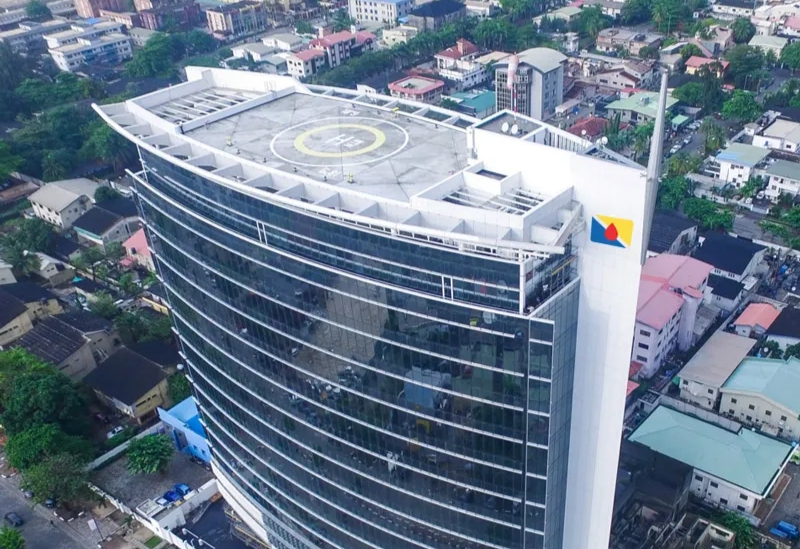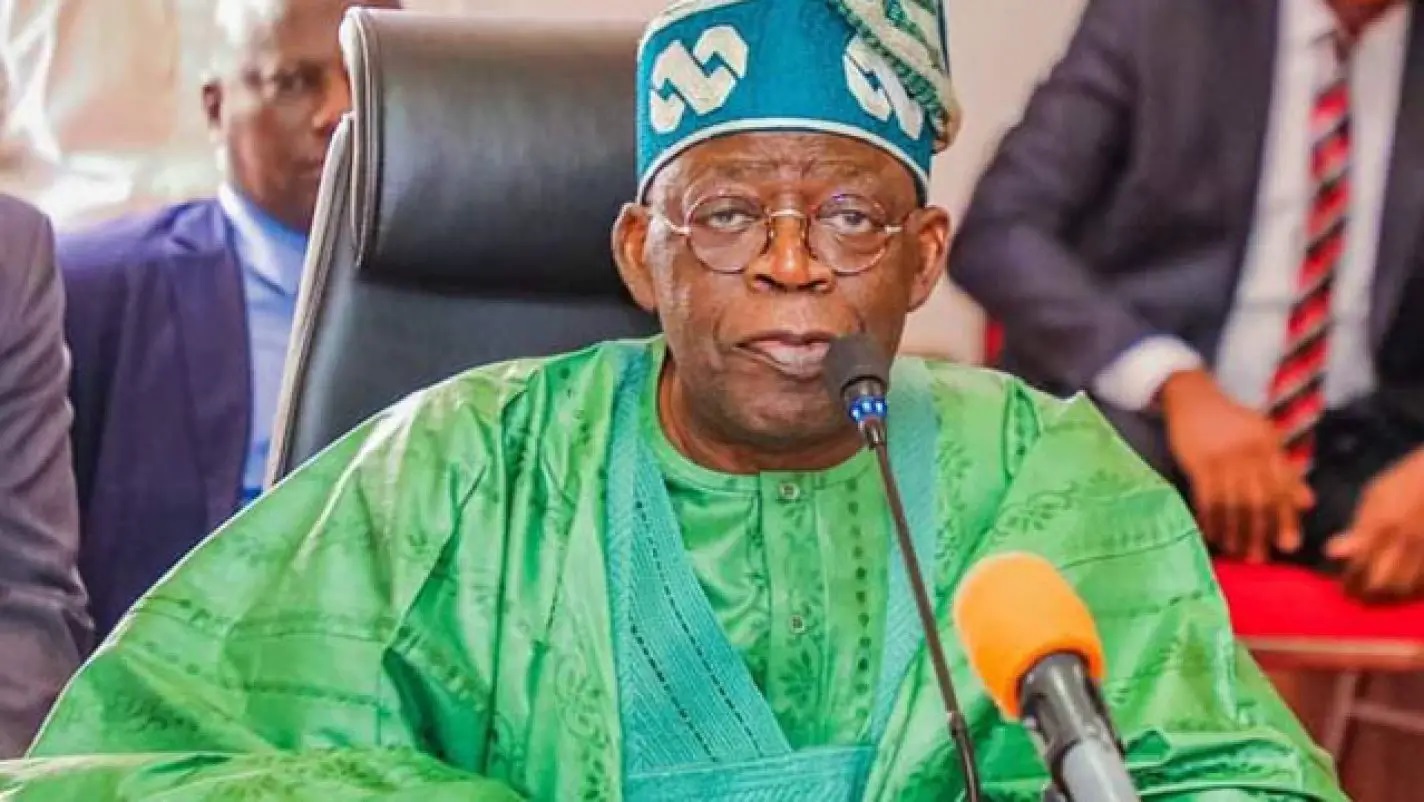The long-term stability of the naira is being projected on the back of recent Central Bank of Nigeria (CBN) reforms, with analysts pointing to rising dollar inflows as a key driver. The currency is expected to remain steady, supported by robust foreign exchange liquidity, improving non-oil exports, and sustained investor confidence. These developments are also anticipated to ease pressures on living costs, offering Nigerians relief in their day-to-day expenses, Precious Ugwuzor reports
The long-term stability of the naira has been predicted given the rising inflows of foreign capital and surge in foreign reserves levels. This is expected to ease the pressure of living costs for everyday Nigerians. But how did this happen?
In the last one week, the naira appreciated by 1.1 per cent to N1,520.00/$, supported by the Central Bank of Nigeria (CBN’s) intervention of $50.00 million, and increased inflows from Foreign Portfolio Investments (FPIs) following the Open Market Operation (OMO) auction.
President, Association of Bureaux De Change Operators of Nigeria (ABCON), Dr. Aminu Gwadabe, says with more foreign exchange inflows into the economy, the long-term stability of the naira is expected.
Already, data from the National Bureau of Statistics (NBS) showed that capital inflows into the economy hit $5.6 billion in the first quarter of 2025.
The inflows represent significant gains from diverse reforms instituted by the Central Bank of Nigeria (CBN) to make Nigeria attractive destination for local and foreign investors. For many stakeholders, the $3.1 billion inflows to the banking sector, representing 55.44 per cent of the total capital inflows.
Analysts from Cordros Securities who predicted long-term naira stability, further explained that gross FX reserves increased to the highest level since December 2021, growing by $353.47 million week-on-week to $41.08 billion on August 21, and further rose to $41.10 billion on August 22.
According to CBN data, the reserves earlier hit $40.72 billion on August 13, driven largely by rising forex inflows and marginal increase in crude oil output.
According to the apex bank, the gross reserves moving average stood at $39.3 billion on August 1, and reached $39.5 billion on August 6, and hit $40.2 billion on August 8.
The sustained reserves accretion, decline in inflation rate, commodities prices dip as well as long-term naira stability are all positive fallout of the ongoing economic reforms instituted by the federal government.
Aside the reserves, the naira has also seen sustained stability while the inflation rate has continued to decline, closing July at 21.88 per cent.
Part of the reserves accretion was triggered by the FX reforms, instituted by the Olayemi Cardoso-led CBN, new policies instituted by the Federal Government to boost local production, reduce forex demand pressure, and lessen domestic prices have been instrumental to macroeconomic stability.
The expectations are that the apex bank sustains the forex reforms while the fiscal authority strengthens efforts at enhancing FX earnings, especially from gas, oil and non-oil exports.
President, Association of Bureaux De Change Operators of Nigeria, Dr. Aminu Gwadabe, said the apex bank under Cardoso has been cultivating multiple FX sources to increase dollar inflows, boost dollar access to manufacturers and retail end users.
“From moves to improve diaspora remittances through new product development, the granting licenses to new International Money Transfer Operators (IMTOs), implementing a willing buyer-willing seller FX model, and enabling timely access to naira liquidity for IMTOs, the apex bank has simplified dollar-inflow channels for authorized dealers and other players in the value chain,” he said.
How it started
The CBN had embarked on a series of bold reforms to attract more foreign capital to the economy, achieve price and exchange rate stability.
In 2023 the new administration and the CBN-led by its Governor, Olayemi Cardoso liberalized the foreign exchange market, stopped central bank financing of the fiscal deficit, and reformed fuel subsidies. The government also strengthened revenue collection and took strategic steps to reduce surging inflation rate.
Since these reforms were implemented, international reserves have increased, and anyone can now access foreign exchange in the official market.
Nigeria successfully returned to international capital markets last December and was recently upgraded by rating agencies. A new domestic, private refinery is positioning Nigeria up the value chain in a fully deregulated market.
CBN’s policies, including the currency reforms, led to investment inflows from abroad, and reduced interventions in the domestic forex market.
The unification of exchange rates and the clearing of over $7 billion FX backlog raised the country’s investment outlook, with multilateral organizations, like the World Bank describing it as bold intervention to improve the economy’s sustainability in the long run.
Also, Nigeria’s sovereign risk spread has fallen to the lowest level since January 2020, erasing the premium accumulated during the pandemic and subsequent strain on its economy. All these are deliberate efforts to woo investors and sustain capital inflows to the economy.
More foreign capitals flow in
According to the latest “Nigeria Capital Importation Q1 2025” report released represents 10.86 per cent surge from the $5.1 billion reported in fourth quarter of 2024.
“In Q1 2025, total capital importation into Nigeria stood at US$5642.07 million, higher than $3.37 billion recorded in Q1 2024, indicating an increase of 67.12 per cent. In comparison to the preceding quarter, capital importation increased by 10.86 per cent from $5.08 billion in Q4 2024,” the report stated.
The NBS also stated that portfolio investment ranked top with $5.2 billion, accounting for 92.25 per cent, followed by other investment with $311.17 million, accounting for 5.52 per cent.
The report indicated that, “Foreign Direct Investment recorded the least with $126.29 million accounting for 2.24 per cent of total capital importation in Q1 2025.”
According to the NBS, the banking sector took the lead with the highest inflows in Q1 2025.
The report stated, “The Banking sector recorded the highest inflow with $3.1 billion, representing 55.44 per cent of total capital imported in Q1 2025, followed by the Financing sector, valued at $2.09 billion (37.18 per cent), and Production/Manufacturing sector with $129.92 million (2.30 per cent).”
The report further noted that capital importation during the reference period originated largely from the United Kingdom with $3681.96 million, showing 65.26 per cent of the total capital imported.
In emailed note to investors, Managing Director, Afrinvest West Africa Limited, Ike Chioke, explained that Portfolio Investment (92.2 per cent of total capital) dominated flows, rising by 30.1 per cent quarter-on-quarter, and 150.8 per cent year-on-year to $5.2 billion.
The bulk of the FPI flows was to Money market instruments (up 162.2 per cent year-on-year to $4.2 billion), while Bonds (up 108.5 per cent) and Equities (up 137.7 per cent) attracted $877.4 million and $117.3 million respectively.
Opportunities in GDP numbers
Nigeria’s hope of achieving $1 trillion economy by 2030 will gain significant support from the banking sector.
Nigeria’s statistician-general, Adeyemi Adeniran, had explained how the economy fared in the rebased Gross Domestic Product (GDP) report. He said: “In nominal terms, the rebased GDP for 2019 stood at N205.09 trillion N213.63 trillion in 2020, N243.30 trillion in 2021, N274.23 trillion in 2022, N314.02 trillion in 2023, and N372.82 trillion in 2024”.
The NBS noted that in 2019, the rebased nominal GDP at basic prices represented an increase of 41.7 per cent over the nominal GDP of 2019 of the old base year (2010), 39 per cent in 2020, 38.7 per cent in 2021, 36.1 per cent in 2022, 34.6 per cent in 2023 and 35.4 per cent in 2024.
“The results show that the structure of the Nigerian economy has changed significantly with a rise in the share of agriculture and services sectors and a fall in the share of the industries sector in nominal terms, indicating a shift in the structure of the Nigerian economy than earlier reported,” the NBS said.
Adeniran further explained that the rebasing allows the country to better reflect the realities of the economy. “It’s not just about a bigger number but about accurate, timely data that supports smarter policy and economic planning,” he said.
How the banks stand
A well-recapitalised banking sector is undeniably crucial for the growth of the domestic economy. Hence, Olayemi Cardoso, Central Bank of Nigeria (CBN) governor, advised banks to prepare for a new round of recapitalisation to ensure they have the necessary capital to support the Federal Government’s plan to achieve $1 trillion Gross Domestic Product (GDP) target by 2030.
He said that President Bola Ahmed Tinubu’s economic plan aims to reach a $1tr GDP by 2030, emphasising that the current bank capitalisation is insufficient to support such a large economic scale.
Cardoso asked: “Will Nigerian banks have sufficient capital relative to the financial system’s needs in servicing a $1tr economy in the near future? In my opinion, the answer is “No!” unless we take action. That action was the ongoing recapitalisation of banks, meant to prepare them for expansion and attract big ticket transactions to support economic growth”.
The Policy Advisory Council report on the national economy, had set an ambitious goal of achieving a GDP of $1 trillion, with clearly defined priority areas and strategies.
holera
Adeniran revealed that incorporated new and emerging sectors, consumption baskets update, and data collection refining methods helped produce a more complete picture of national output.
Aliyu Ilias, developmental economist, noted that several sectors have previously remained uncaptured in official data, particularly entertainment. “By rebasing our GDP now, included those areas properly. This new visibility will make Nigeria appear much stronger to foreign investors, which will naturally help us attract more capital,” he said.
He explained that the exercise will also reveal untapped economic potential and guide government resource allocation. “It will show where we are strongest structurally, such as in mining or other emerging sectors. That insight will help the government focus its efforts more strategically.”
“Finally,” he added, “it will support economic policy formulation, helping us align our strategy with the reality on the ground. We will know exactly where to put more effort.”
More so, while the US President Donald Trump’s widening trade war has taken emerging markets on a wild ride, Nigeria has quietly held its own, attracting foreign capital reassured by currency reforms and other measures designed to revive the economy of Africa’s most-populous nation.
“Nigeria appears to be back in business as long-awaited economic reforms take shape,” said Emre Akcakmak, portfolio manager at East Capital. Key measures include improved currency liquidity, leeway for investors to repatriate their profit, and the stable naira.
“We feel the Central Bank of Nigeria will continue to stem any sharp appreciation of the naira to limit profit taking from the fast money community,” Akcakmak said.
“Portfolio inflows have likely been supported by improved confidence amid key structural reforms, better FX market functioning and moderating dollar-naira volatility, as well as the still-robust nominal yield buffer,” said Samir Gadio, head of Africa strategy at Standard Chartered Plc told Bloomberg.
“Besides, Nigeria’s local market is seen as less correlated with global risk conditions than more liquid EM peers,” he said.
Going forward, the CBN anticipates a steady uptick in reserves, underpinned by improved oil production levels, and a more supporting export growth environment expected to boost non-oil FX earnings and diversify external inflows.
The CBN remains committed to prudent reserve management, transparent reporting, and macroeconomic policies that support a stable exchange rate, attract investment, and build long-term resilience.
Quote
The sustained reserves accretion, decline in inflation rate, commodities prices dip as well as long-term naira stability are all positive fallout of the ongoing economic reforms instituted by the federal government
The post Predicting Long-term Naira Stability, CBN Reforms Offer Relief in Living Costs appeared first on THISDAYLIVE.






